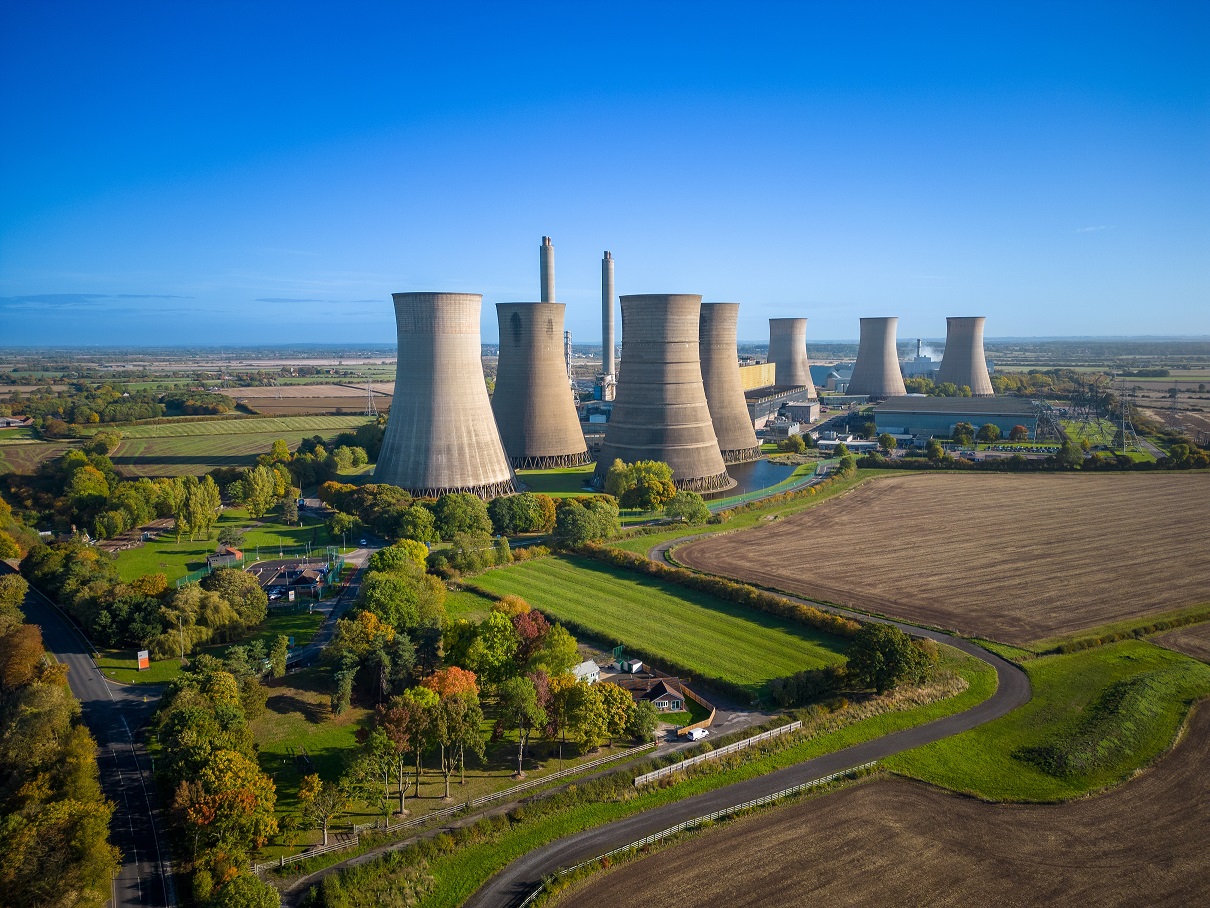.jpg)
Previous Nuclear Experience? The Sector Needs You!
2024 is the year to make a career move back into the nuclear sector. If you have previous nuclear experience, you are in high demand. The sector is expanding rapidly, and engineering skills are coveted. Most importantly, the fact that you may currently hold, or have previously held security clearance makes you highly sought after and gives you an advantage over other candidates.
In January this year, the government announced plans for its biggest expansion of nuclear power in 70 years. In a bid to “create jobs, reduce bills and strengthen Britain’s energy security”, the roadmap includes the possibility of a new power station as well as investment into production of HALEU, the fuel required to power high tech new nuclear reactors.
The announcement comes at a time when the UK’s energy supply is being threatened by conflict, and as clean air energy and net zero targets loom ever closer. Citing a commitment to keeping the cost of meeting these goals to end consumers low, the government is looking to making the UK nuclear fuel industry an attractive investment for the national and international private sector.
Carrington West Lead Consultant, Ryan Williamson, says
“This is huge for job creation in the UK nuclear market with more avenues into the sector than ever. With that said, it increases the challenge to meet the ever-growing skills gap in the industry. It’s great news for the long-term security of the sector, but inflates the immediate and present challenges that we are facing today.
The £300m investment into HALEU production means we are going to be making big steps into bring Uranium production “in-house”. This will initially mean a boom in roles that are focussed on early-stage development such as materials engineers, laboratory technicians, researchers and scientists. This will naturally lead onto the delivery of purpose-built facilities to make the science practical and commercialise it, so we’ll see contracts being won by contractors and design houses who can offer suitable solutions.
On the expansion of SMR rollout and the announcement of a further 3.2GW nuclear site to complement HPC and SZC, it will be more of the same skillset that are required now, but in much greater numbers. These include all major engineering disciplines; mechanical, electrical, civil and C&I, along with PMs, planners, commercial staff and all the other support/office roles that are typically needed to progress a major project. There is no doubt that for the 3rd large site (Wylffa seems to be a much-favoured site), EDF will try and have a “leaner” team having applied efficiencies to the process from learnings at HPC and SZC. However, the workforce required will still be vast!”
Talent supply is going to continue to lag behind demand and there are several government led initiatives already underway to encourage graduates into choosing a career in nuclear, but it is likely we will need to see more investment.
Ryan goes on to advise,
“For those interested in finding out how they can capitalise on this growth area, it would be worth considering a move into the sector now to get some industry exposure under your belt. Employers are saying all the right things about seeking transferrable skills from other industries, but when it gets to the pointy end of the recruitment process, nuclear industry experience will always prevail. For hiring organisations looking to increase team size and capabilities so they can bid for the expansion work, they will eventually have to be more openminded and look outside of the sector.”
Also in January, we launched our 2024 Nuclear Salary Survey & Guide which largely concluded that demand for workers will outstrip supply this year. Whilst the planned expansion of the sector will be welcome news, attention will turn to the already scarce talent supply. If you would like a copy, please reach out.
